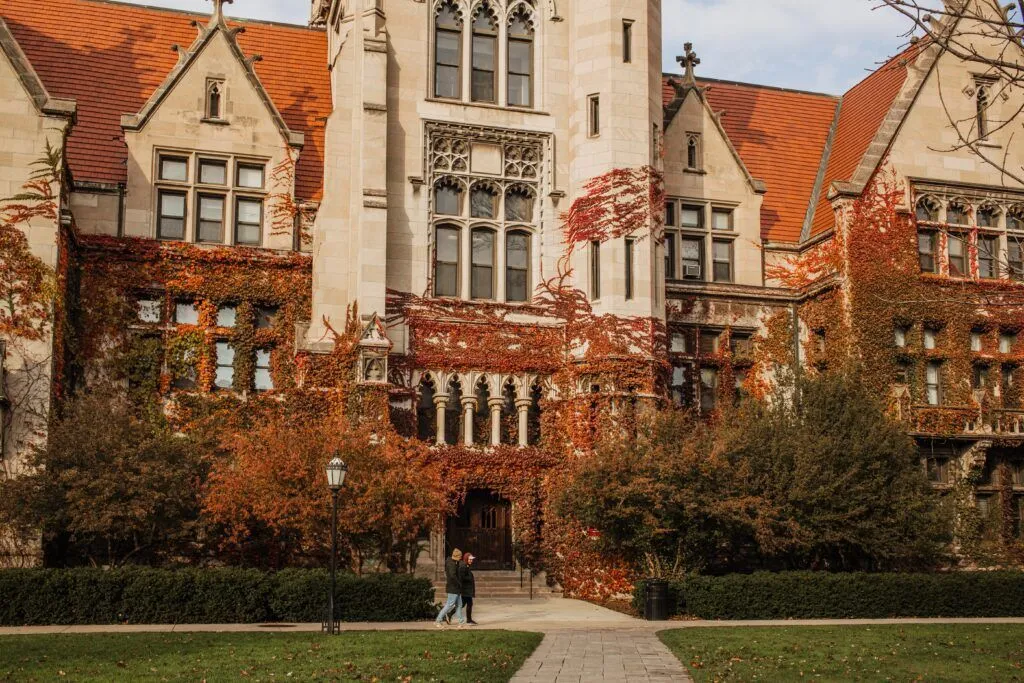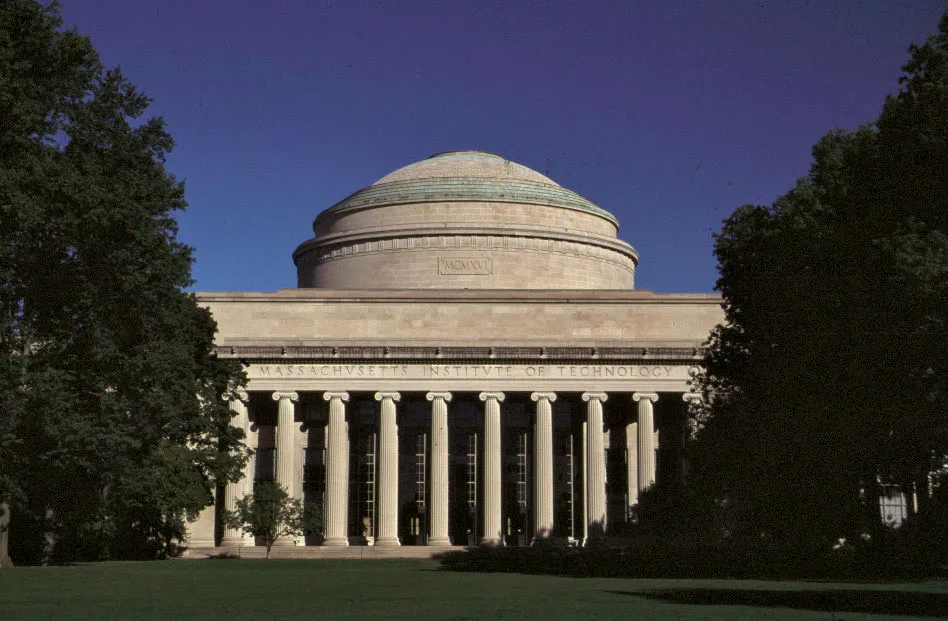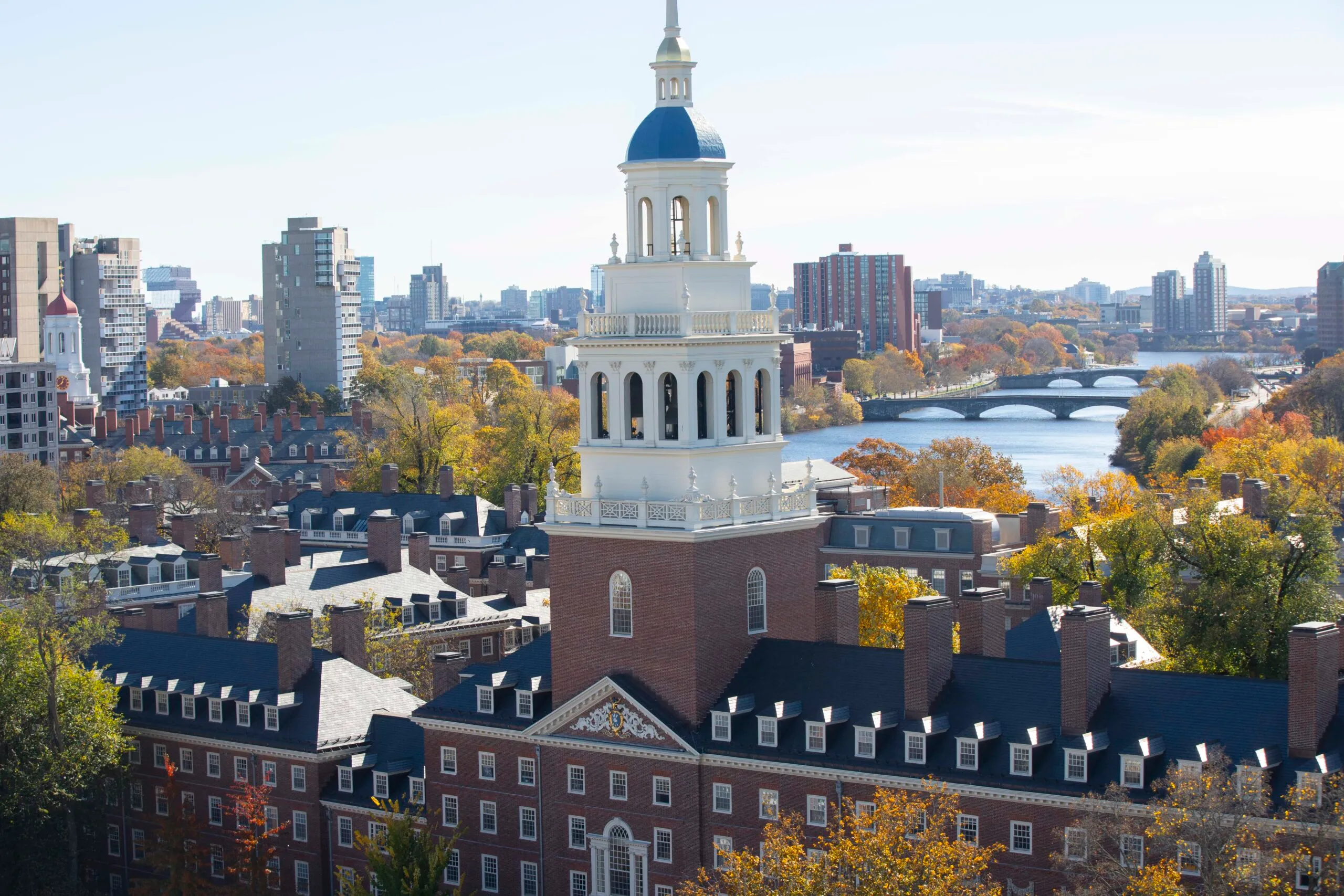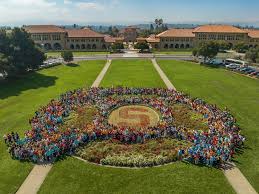The University of Chicago
Nestled in the vibrant Hyde Park neighborhood of Chicago, the University of Chicago stands as a beacon of intellectual curiosity, academic excellence, and groundbreaking research. Since its founding in 1890, the university has cultivated a reputation for fostering critical thinking, pushing the boundaries of knowledge, and producing some of the world’s most influential scholars, scientists, and leaders. With its distinctive commitment to rigorous inquiry and interdisciplinary collaboration, the University of Chicago has earned its place among the world’s most prestigious institutions of higher learning.
History of Vision and Innovation
The University of Chicago was established with a visionary mission: to create a research university that would rival the best in the world. Funded by John D. Rockefeller and guided by its first president, William Rainey Harper, the university quickly distinguished itself through its innovative approach to education. Harper’s emphasis on rigorous scholarship, freedom of inquiry, and the integration of research and teaching laid the foundation for the university’s enduring legacy.
From its inception, the University of Chicago has been a trailblazer in academia. It was one of the first universities to establish graduate programs as a central component of its mission, emphasizing the importance of advanced research and scholarship. This focus on graduate education has produced a long list of Nobel laureates, Pulitzer Prize winners, and leading figures in fields ranging from economics and physics to literature and law.
The Core Curriculum: A Foundation for Critical Thinking
One of the hallmarks of a University of Chicago education is its renowned Core Curriculum. Designed to provide students with a broad foundation in the liberal arts, the Core emphasizes critical thinking, analytical writing, and a deep engagement with primary texts. Students are challenged to grapple with fundamental questions about human existence, society, and the natural world through courses in the humanities, social sciences, natural sciences, and mathematics.
The core curriculum reflects the university’s belief in the value of a well-rounded education. By exposing students to diverse perspectives and disciplines, it prepares them to think critically and creatively, skills that are essential for success in an increasingly complex and interconnected world. This rigorous intellectual training has earned the University of Chicago a reputation for producing graduates who are not only knowledgeable but also capable of tackling the most pressing challenges of their time.
Hub of Groundbreaking Research
The University of Chicago has long been at the forefront of groundbreaking research and discovery. Its faculty and alumni have made seminal contributions to a wide range of fields, from economics and sociology to physics and medicine. The university is home to some of the world’s most influential research institutions, including the Fermi National Accelerator Laboratory, the Marine Biological Laboratory, and the Argonne National Laboratory.
In the realm of economics, the Chicago School of Economics has had a profound impact on global economic policy and thought. Figures such as Milton Friedman, Gary Becker, and Eugene Fama have reshaped our understanding of markets, human behavior, and the role of government in the economy. Similarly, in the physical sciences, the university’s researchers have played a key role in advancing our understanding of the universe, from the development of the first controlled nuclear reaction under the leadership of Enrico Fermi to the discovery of the cosmic microwave background radiation, which provided crucial evidence for the Big Bang theory.
Commitment to Interdisciplinary Collaboration
The University of Chicago’s commitment to interdisciplinary collaboration is another defining feature of its academic culture. The university encourages scholars and students to transcend traditional disciplinary boundaries, fostering innovative approaches to complex problems. This spirit of collaboration is evident in initiatives such as the Institute for Molecular Engineering, the Becker Friedman Institute for Research in Economics, and the Neubauer Collegium for Culture and Society.
Interdisciplinary research is also a cornerstone of the university’s efforts to address global challenges. From climate change and public health to urban development and social inequality, the University of Chicago is leveraging its intellectual resources to develop solutions that have a real-world impact. For example, the Energy Policy Institute at the University of Chicago (EPIC) is working to advance sustainable energy policies, while the Urban Labs are conducting rigorous research to improve the lives of people in cities around the world.
Vibrant and Diverse Community
The University of Chicago’s intellectual vitality is matched by the diversity and vibrancy of its community. Students, faculty, and staff come from all corners of the globe, bringing with them a wide range of perspectives, experiences, and ideas. This diversity enriches the university’s academic environment, fostering a culture of dialogue, debate, and mutual respect.
The university’s commitment to diversity and inclusion is reflected in its efforts to create a welcoming and supportive environment for all members of its community. Through initiatives such as the Office of Multicultural Student Affairs, the Center for Identity + Inclusion, and the Diversity and Inclusion Initiative, the University of Chicago is working to ensure that every individual has the opportunity to thrive.
Life Beyond the Classroom
While academics are at the heart of the University of Chicago experience, life on campus extends far beyond the classroom. The university offers a wide range of extracurricular activities, from student organizations and performing arts groups to athletic teams and community service programs. These opportunities allow students to pursue their passions, develop new skills, and build lasting friendships.
Hyde Park, the neighborhood surrounding the university, is a vibrant cultural and intellectual hub. With its tree-lined streets, historic architecture, and diverse array of restaurants, bookstores, and cultural institutions, Hyde Park provides an ideal setting for students to live, learn, and grow. The university’s proximity to downtown Chicago also offers students access to one of the world’s great cities, with its world-class museums, theaters, and professional opportunities.
Legacy of Leadership and Impact
The University of Chicago’s influence extends far beyond its campus. Its alumni include some of the most influential figures in politics, business, science, and the arts. From former U.S. President Barack Obama to Nobel laureate Saul Bellow, from pioneering sociologist W.E.B. Du Bois to groundbreaking physicist Subrahmanyan Chandrasekhar, the university’s graduates have made their mark on the world in countless ways.
The university’s impact is also evident in its commitment to public service and social justice. Through initiatives such as the Civic Leadership Academy and the Chicago Studies Program, the University of Chicago is preparing the next generation of leaders to address the challenges facing their communities and the world.
Looking to the Future
As the University of Chicago looks to the future, it remains committed to its founding principles of rigorous inquiry, intellectual freedom, and the pursuit of knowledge for its own sake. At the same time, the university is embracing new opportunities and challenges, from the rapid pace of technological change to the urgent need for global collaboration on issues such as climate change and public health.
With its unwavering commitment to excellence, its spirit of innovation, and its diverse and dynamic community, the University of Chicago is poised to continue its legacy of leadership and impact for generations to come. Whether in the classroom, the laboratory, or the wider world, the University of Chicago is a place where ideas are born, boundaries are pushed, and the future is shaped.
Share this content:










Post Comment